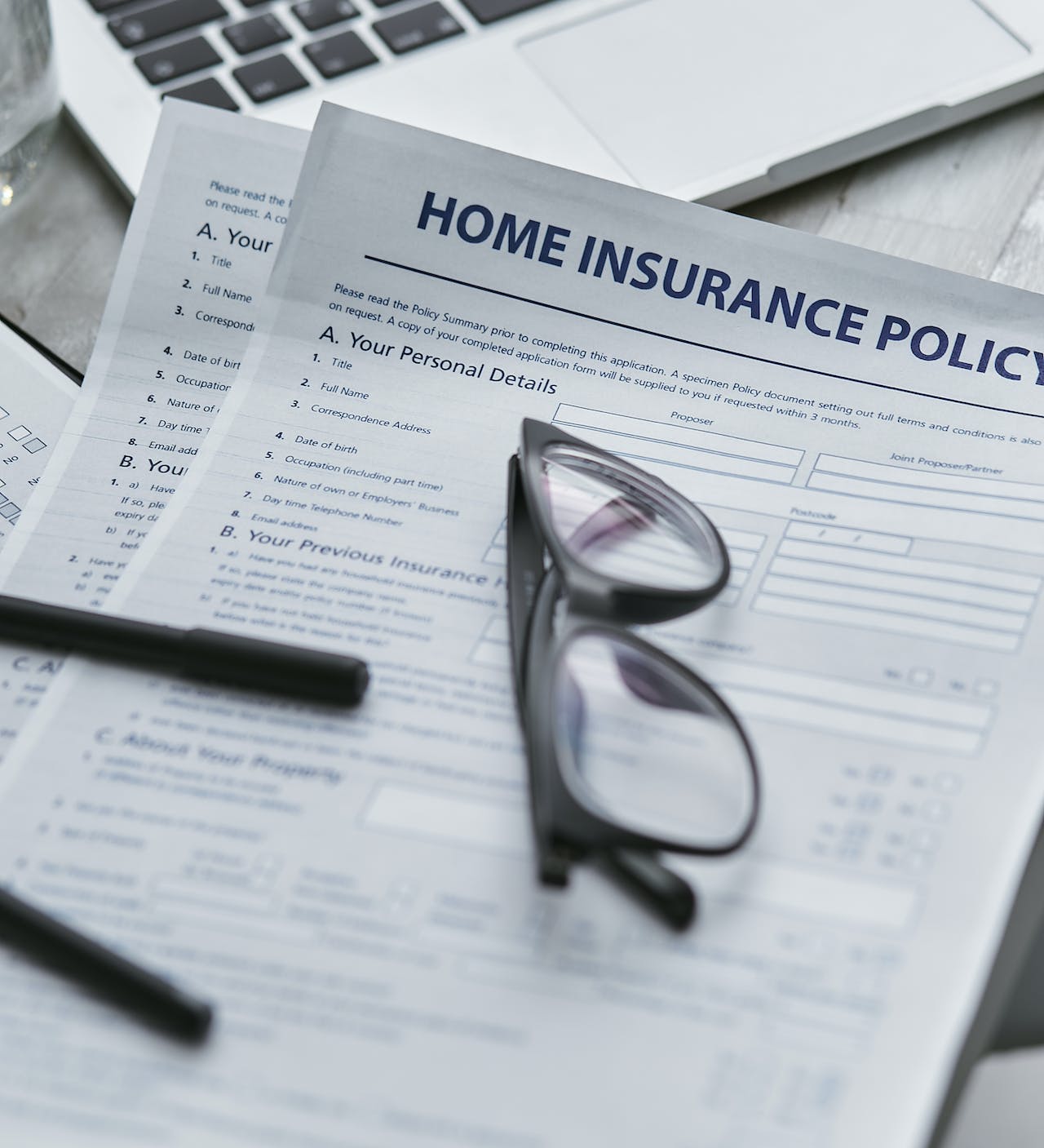
As a landlord, protecting your investment property is essential, and landlord insurance is part of that protection.
Landlord insurance is a specific type of insurance designed to provide coverage for rental properties. While it’s not a legal requirement in many states (including Virginia), having the right insurance can offer peace of mind and protection against potential financial risks.
It’s important for landlords to understand the key components of landlord insurance to make informed decisions about protecting their assets, so let’s explore why landlord insurance is beneficial and what your coverage options are.
Coverage Options and Benefits
Landlord insurance policies typically offer a range of coverage options to suit different needs. Insurance policies for landlords can cover:
Property damage. Policies covering property damage include fire, storms, vandalism, and even tenant damage. This coverage can help pay for repairs or replacement of the property’s structure or interior or exterior components.
Loss of rental income. This coverage provides compensation for lost rental income if the property becomes uninhabitable due to a covered event, such as fire, water, or structural damage.
Liability protection. If someone is injured on the rental property and the landlord is found legally responsible, liability protection helps cover legal and medical bills.
Additionally, some policies may offer coverage for legal expenses related to evictions and protection for landlord-owned equipment and contents within the property.
Understanding these coverage options is crucial for landlords to ensure they have the right level of protection for their rental properties.
Factors Influencing Insurance Costs
The cost of landlord insurance varies based on several factors, including the location of the property, the age and condition of the property, the type of tenants (such as short-term or long-term renters), the amount of coverage needed, and the deductible chosen.
Properties in high-risk areas, such as those prone to natural disasters or with higher crime rates, may have higher insurance premiums. Similarly, older properties or those with specific features, such as outdated electrical systems, may also result in higher insurance costs.
Landlords should carefully consider these factors when obtaining insurance quotes and weigh the cost of coverage against the level of protection provided.
Importance of Landlord Insurance for Property Owners
Landlord insurance provides essential protection for property owners, offering coverage for unforeseen events that could result in substantial financial losses.
Without adequate insurance, landlords may be personally liable for the cost of repairing or rebuilding the property after a covered event, as well as for potential legal expenses and liability claims.
Moreover, loss of rental income coverage can help landlords maintain financial stability if their rental property becomes uninhabitable, helping to cover the mortgage and other expenses.
With the right insurance, landlords can safeguard their investment and rental income, ensuring they are financially protected in the event of property damage or liabilities.
Additional Insured vs. Additional Interest
Insurance policies often allow landlords or renters to add another person or entity to their policy, referred to as an “additional insured.” This person or organization receives coverage under the policy and can file a claim.
However, it’s important to understand that an additional insured is not the same as an additional interest on the policy. An additional interest does not receive coverage under a policy, but they have a stake in the policy and need to know when coverage changes.
Generally, property managers or property management companies are listed as additional insured on a landlord’s policy. However, a landlord can also be listed as an additional insured or additional interest on a renter’s insurance policy.
Let Circle Property Management Handle Your Investment
The right insurance policy helps landlords mitigate financial risks and ensure long-term success. Make your investment consistently profitable by working with Circle Property Management. Our property management professionals simplify the process of finding the right insurance and maintaining a rental property for landlords to protect their investments. Contact us today at (703) 349-0144.
About The Author
 Patrick H. Page - Principal Broker | Licensed in Virginia and the District of Columbia
Patrick H. Page - Principal Broker | Licensed in Virginia and the District of Columbia
















